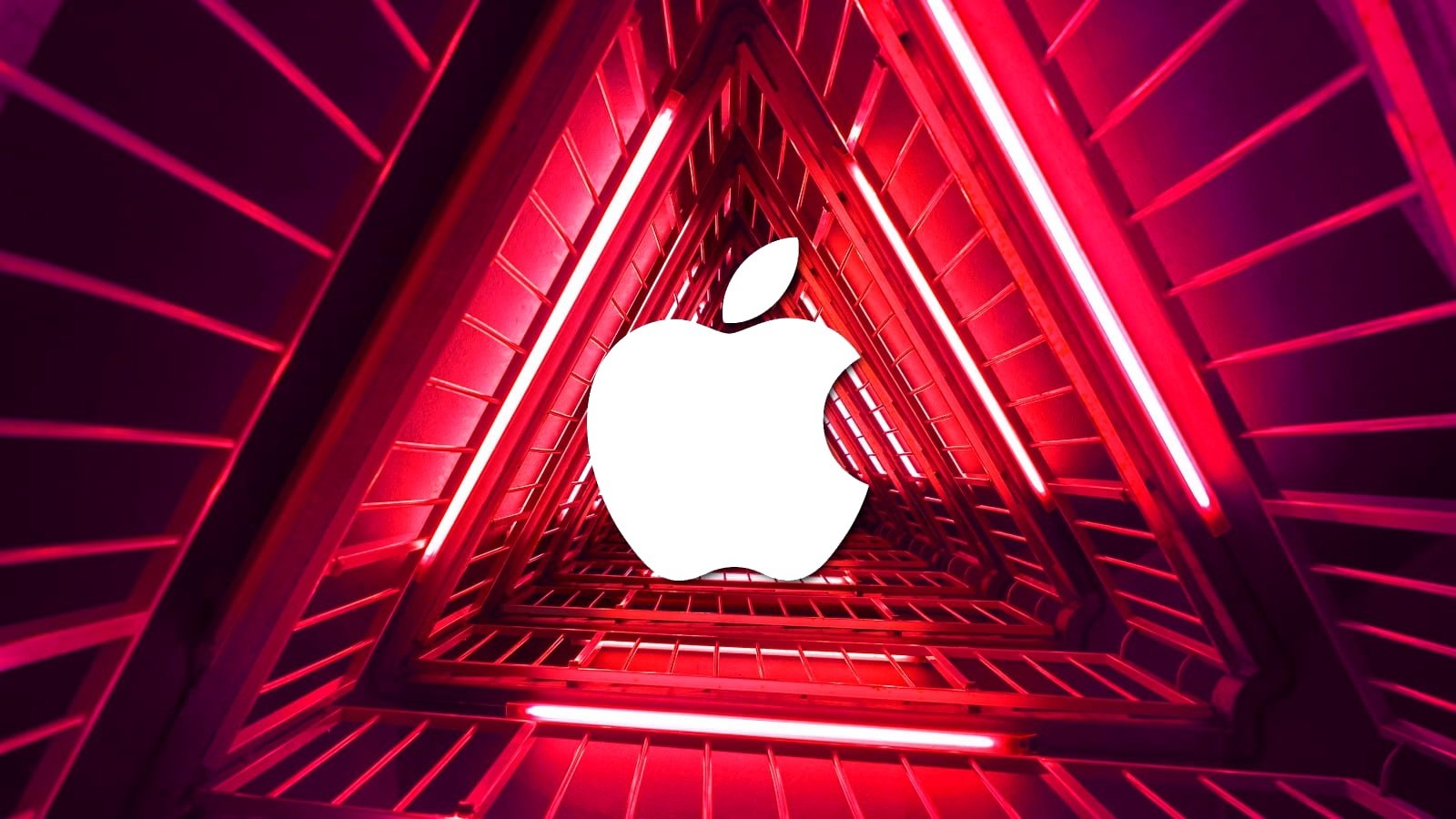
December 27, 2023 at 09:20AM
The Operation Triangulation spyware campaign targeted iPhone devices by exploiting four zero-day vulnerabilities, allowing attackers to gain control over the devices without user interaction. Kaspersky analysts discovered this highly sophisticated attack chain and found that attackers leveraged undocumented hardware features in Apple chips to bypass security protections. The origin of the attacks remains unknown, and Apple has released updates to address the vulnerabilities.
Based on the meeting notes, here are the key takeaways:
1. The Operation Triangulation spyware campaign targeted Apple iPhone devices using a series of four zero-day vulnerabilities, allowing attackers to perform remote code execution and elevate privileges through a zero-click exploit.
2. The campaign leveraged undocumented hardware features in Apple chips to bypass hardware-based security protections, suggesting the involvement of a sophisticated threat actor.
3. Kaspersky analysts discovered the attack within their network, but the origin of the attacks and the involvement of specific intelligence services remain unknown.
4. Apple released updates to address the zero-day vulnerabilities exploited in the Operation Triangulation attack chain, including CVE-2023-41990, CVE-2023-32434, CVE-2023-32435, and CVE-2023-38606.
5. Notably, CVE-2023-38606 targeted unknown memory-mapped I/O (MMIO) registers in Apple A12-A16 Bionic processors, allowing attackers to manipulate hardware features and bypass hardware-based memory protection.
6. Kaspersky suggested that the inclusion of undocumented hardware features in the finished consumer version of the iPhone may have been a mistake or left in to assist Apple engineers in debugging and testing.
Please let me know if you need further clarification or additional details.